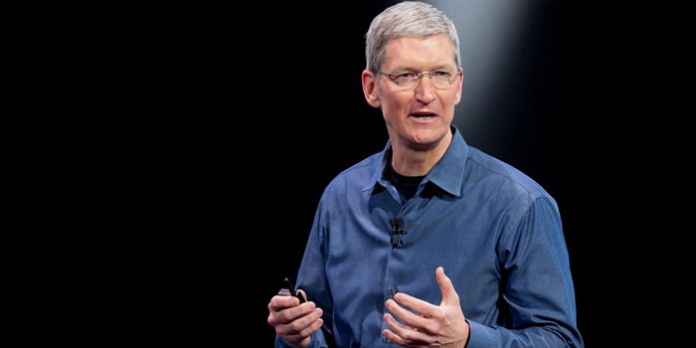“We have been cooperating with the U.K. government not only in law enforcement kind of matters but on some of the attacks. I cannot speak on detail on that. But in cases when we have information and they have gone through the lawful process we don’t just give it but we do it very promptly.” Cook could not disclose which events Apple helped with, but the interview follows an incident on London Bridge. During the incident, attackers drove a van into pedestrians before using knives to dispatch several more. In May, a terrorist set off a suicide vest at an Ariana Grande concert in Manchester, while in March a car drove into citizens near Westminster. It’s fair to say that the company has been under a lot of pressure. Of course, Apple is constantly updating its phones with new security measures, including encryption. That makes it difficult to provide information, but Cook says this is often misunderstood. Though a lot of data is lost to encryption, Cook says “Metadata exists and that’s very important for building a profile.” He believes Apple was able to provide “some valuable information” in response to lawful requests.
Apple’s Role in Mediating Terrorist Content
As well as handing over information about attackers, Apple does its part to prevent extremism in the first place. Cook highlighted the company’s curation of the App Store, where apps that support hate speech or recruiting aren’t published. “That doesn’t mean we won’t make mistakes,” he said. “…but, actually, I don’t know a case where something has got through in that perspective. So we’re very vigilant on what happens from that point of view”. Later on in the interview, Cook also mentioned Trumps decision to pull out of the Paris agreement. Microsoft, Apple, and Google all advised against such action, but their words fell on deaf ears. “He didn’t decide what I wanted him to decide,” Cook said of Trump. “He decided wrong. It’s not in the best interest of the United States what he decided.”




